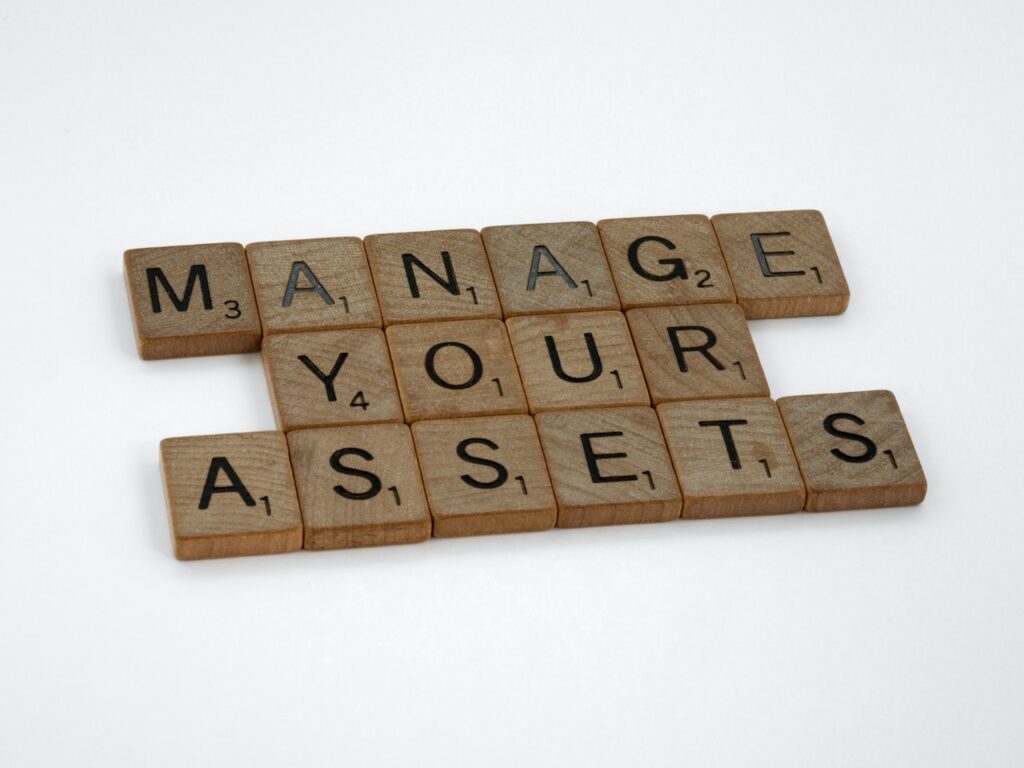Career
How to Recession-Proof Yourself
Recession scares you? These tips will help you survive it.
Published
3 years agoon
By
Mario
Like several other Americans, you might be afraid that a recession will hit. According to the most recent CNBC All America Economic survey, conducted in early July, 62% of Americans predict a recession will occur within the next calendar year.
Another study by Magnify Money found that Americans in their late 50s and older feel more prepared than younger generations to deal with an impending recession.
However, the study indicated that 68% of American adults feel un financially prepared for one.
Following are a few ways to protect your finances from recessions at every age.
Ways to Protect Your Finances from a Recession at Any Age
During Your 20s and 30s, Strengthen Your Assets

Making a strategy to achieve your financial goals, such as setting up an emergency fund, paying off school loans, or purchasing your first property, is the first step in safeguarding your financial future.
Be steadfast even though your reluctance may be brought on by the current economic climate.
Establish an Emergency Fund
Assure you have just enough cash to cover unforeseen costs, such as a car repair or medical emergency, especially given how much they are rising. Deposit 10% of each salary into high-yield savings account to increase your financial reserves.
According to financial experts, you should have three to six months’ worth of living costs in your emergency fund. Since it can take up to a year to locate a new job if you leave your current one, you’ll probably need more cash on hand during a recession.
Improve your Curriculum Vitae

You want to make sure that your income, which is your biggest asset, is as consistent as it can be in case the economy tanks. Think about your transferable and marketable skills to help maintain your employment even during difficult circumstances.
According to ZipRecruiter, an astounding 93% of employers believe that “soft skills” are also very important when making hiring selections. The top “soft skills” listed in job postings are time management, scheduling, and customer service.
Technical prowess, commonly known as “hard skills,” is crucial. The “hard” skills on job portals include application development, data processing, and digital marketing. Learn or review these abilities.
Play Defense in Your 40s and 50s
You ought to be entering or have already entered your prime earning years. You probably have more financial obligations than ever before because you own your own home, raise kids, and prepare for retirement.
It would be best if you took precautions in case life or the economy decides to throw you a curveball.
Get The Right Insurance

Another of the greatest ways to safeguard your financial future in tumultuous times is to carry adequate insurance. In addition to having comprehensive health, disability, and life insurance policy, you should also obtain auto and renter’s or homeowner’s insurance.
Ensure your homeowner’s insurance covers rebuilding and the house’s current market value by checking the coverage. A recession may cause a decline in home values. Additionally, consider purchasing an “umbrella” policy to expand your liability coverage. Remember to safeguard your income, which is your most valuable possession.
Once Qualified, Make “catch-up” Contributions
You can increase your contributions to your savings accounts for retirement once you turn 50. If you already have a sizable emergency fund, it can make sense to boost your retirement accounts immediately.
You could contribute up to $27,000 this year to a 401(k) plan or employer’s retirement plan with a $6,500 “catch-up” contribution. Additionally, you can contribute up to $7,000 to an IRA with an additional $1,000 in “catch-up” contributions.
Secure Retirement Plans Once You Reach the Age of 60

Your retirement is almost here, or you might already be relishing it. Your goals for life after work may change or be delayed due to a recession.
Test Out Your Financial Strategy
Check to see if your financial strategy can survive the pressure of a recession. Take advantage of your upcoming time off from work to test your retirement budget.
How would you spend your days? How much would it cost you to live? If you can create a budget that works even while the economy and markets are struggling, you should be in excellent shape when things start to turn around.
Keep Your Portfolio Safe
Younger investors in their 20s and 30s are frequently advised by financial consultants to keep the majority, if not all, of their long-term investments in stocks since they will benefit from time.
On the other side, people in their 60s who are getting close to retirement should be less adventurous and increase their cash and bonds holdings for a little more protection.
Final Note
To summarize, some money-saving advice that can assist you in surviving a recession include:
- Diversifying your income sources.
- Creating a sizeable emergency fund.
- Learning how to adapt to a more austere lifestyle.
Although we do not influence a recession, we can control how we prepare for difficult financial times. It might be quite beneficial to take preventative measures now to secure your cash in the future.
An economic slump is nothing to worry about once you know how to protect your funds and yourself from it. Instead, you can live in peace, knowing that even if you have no control over the outside world, your funds are in order, and you are prepared for anything that may come your way.
You may like
-


How to Find the Best Green Technology Start-Ups to Invest In
-


How to Maximize Returns by Investing in Private REITs
-


How to Invest in the Future of Transportation Such as Autonomous Cars and Drones
-


What are the Best Options for Investing in the Circular Economy
-


What are the Best Strategies for Investing in Infrastructure Debt
-


Squirrel vs. Moneybox: A Comparison of Savings and Investment Apps

Best Problem-Solving Strategies In Business

How to Start Affiliate Marketing Through Amazon

How to Plan A Wedding On A Budget

10 Reasons Why Budgeting Is Important












